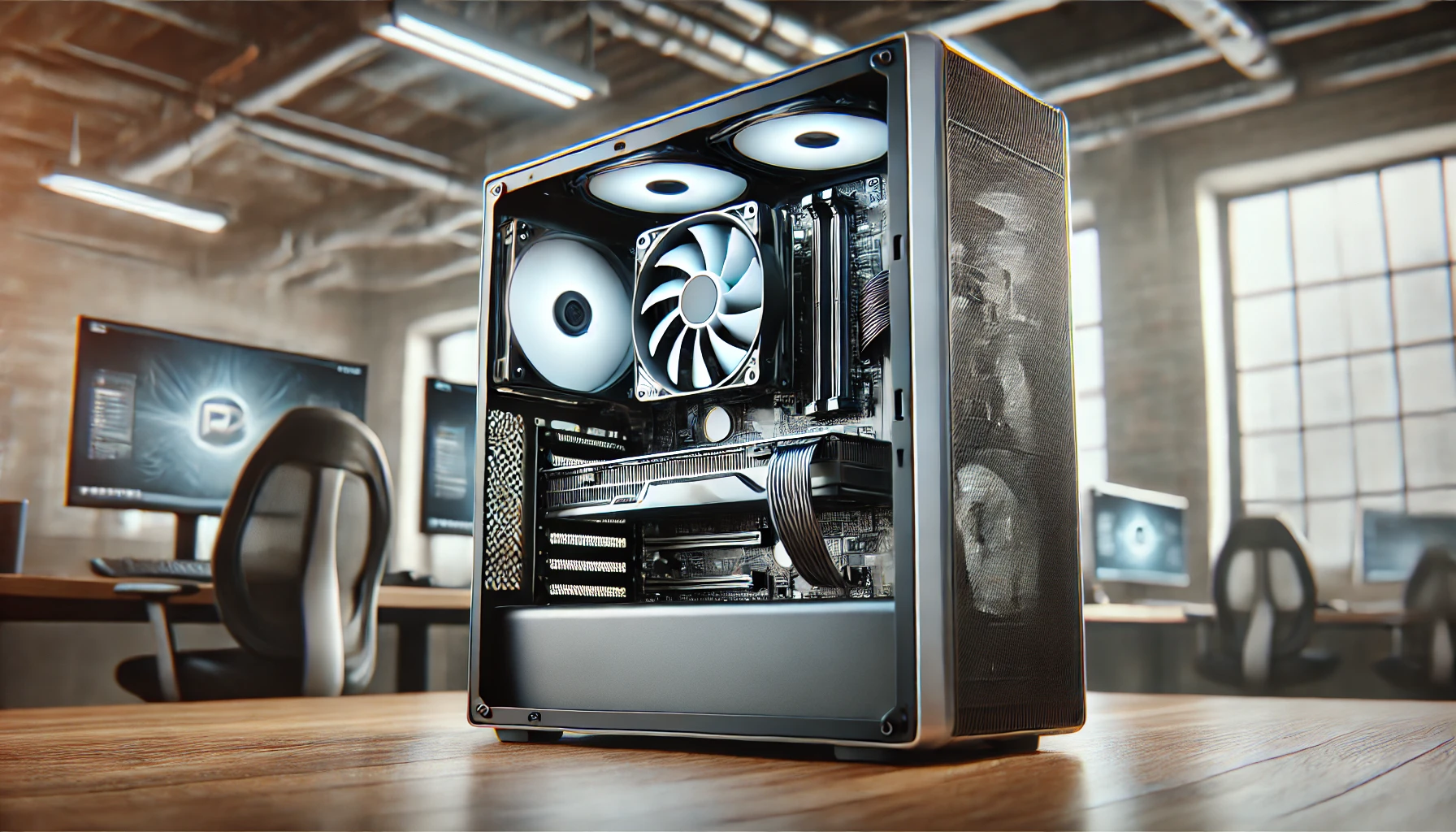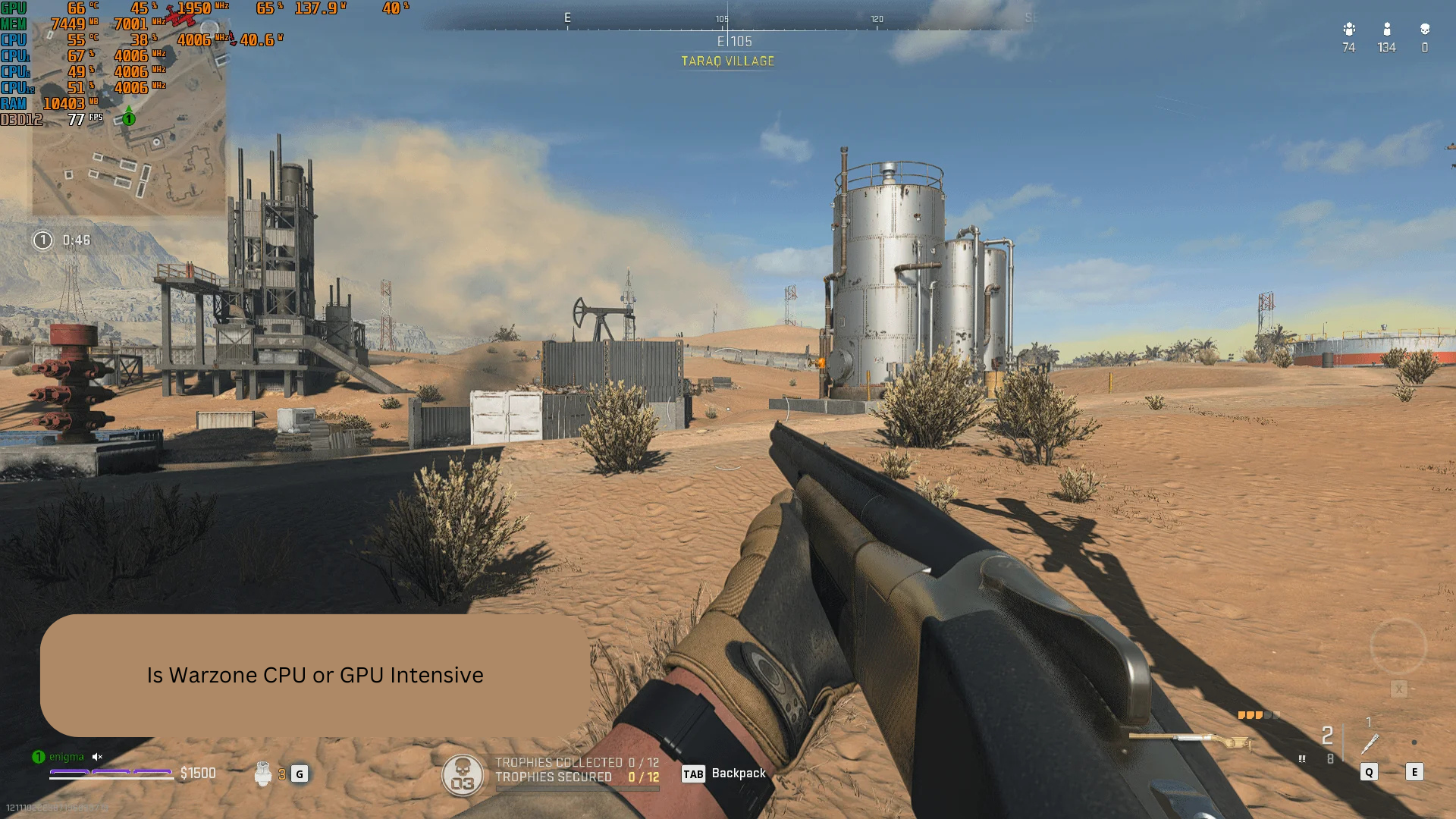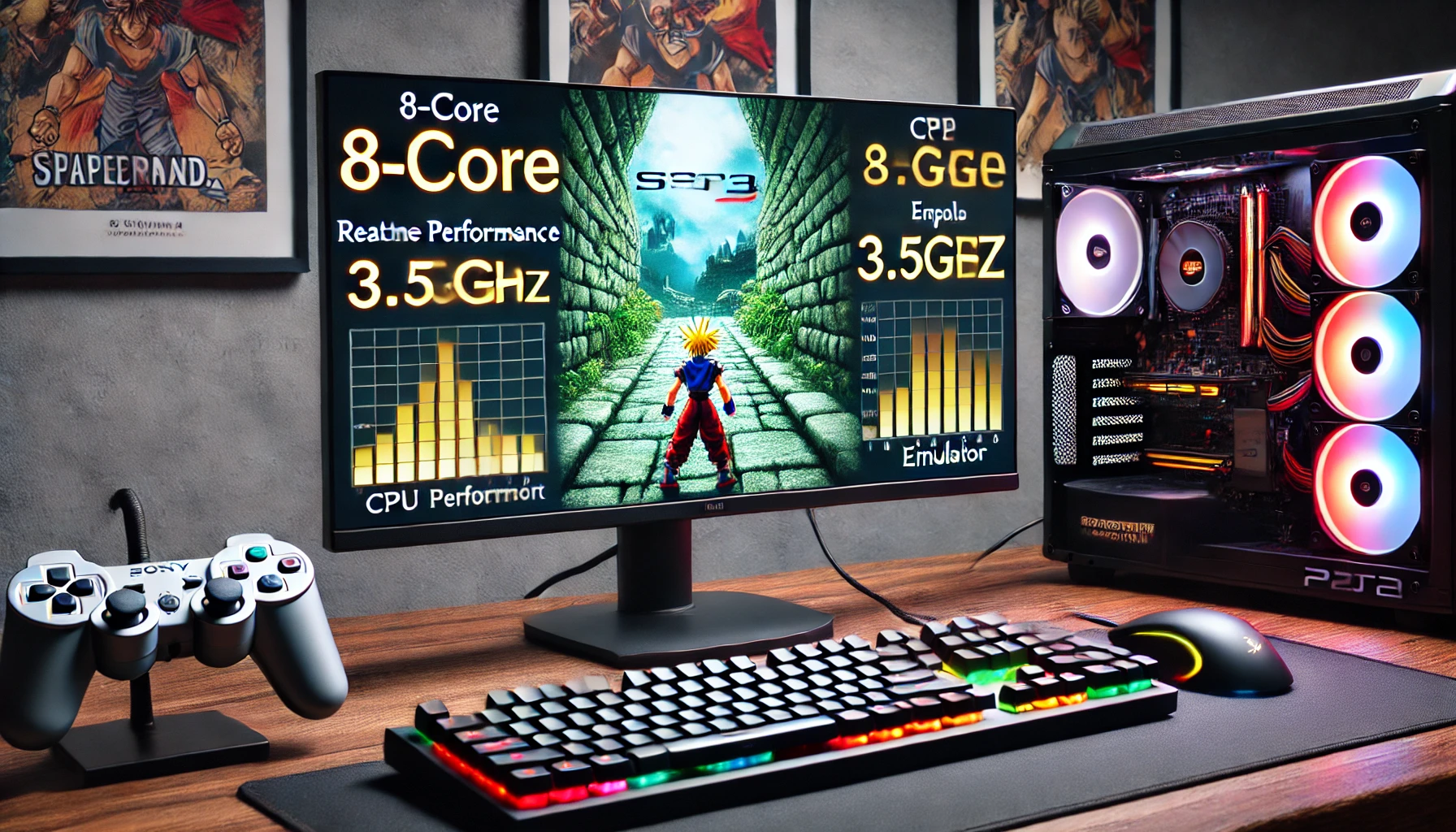Introduction
A common question among gamers Why a Better CPU Cooler Can Enhance Gaming Performance? It’s an understandable curiosity, especially considering how crucial CPU temperatures are for gaming performance. While it seems straightforward, the answer isn’t a simple yes or no. Let’s dive into the relationship between cooling efficiency and gaming performance to determine whether upgrading your cooler can genuinely improve FPS.
Understanding CPU Cooling and Game Performance
To answer the question of whether a better CPU cooler can increase FPS, we first need to understand how CPU cooling impacts performance. During intensive tasks like gaming, CPUs generate a lot of heat. Without proper cooling, this excess heat can slow down your CPU, resulting in performance dips that will directly affect your FPS.
The Impact of Thermal Throttling
Thermal throttling is a feature that automatically reduces the CPU’s speed when temperatures reach unsafe levels, preventing overheating. Unfortunately, this cooling mechanism can cause noticeable performance drops in the form of lower FPS during gaming, making it essential to keep temperatures in check.
How a Better Cooler Can Make a Difference
A better CPU cooler works by maintaining optimal temperatures, which prevents thermal throttling and allows your CPU to operate at higher speeds for longer periods. Here’s how a better cooler can enhance your gaming experience:
- Better Heat Removal: High-end coolers (like liquid or advanced air coolers) can remove heat more efficiently than standard models.
- Consistent Speeds: A cooler CPU means your processor can maintain a consistent speed, avoiding performance drops.
- Overclocking Potential: With more effective cooling, you can overclock your CPU without risking overheating, which can directly boost FPS.
Factors That Influence FPS Gains
Not all gamers will see the same FPS improvement with a better cooler. Several factors contribute to how much of a difference an upgraded cooler can make:
- CPU Model: More powerful CPUs generate more heat and stand to benefit more from an upgrade.
- Current Cooler: If you’re still using a stock cooler, upgrading will likely show a significant FPS boost.
- Room Temperature: A higher ambient temperature can worsen cooling performance, making it more important to have an upgraded cooler.
- Game and Settings: Some games are more CPU-intensive, so performance gains will vary depending on the game you play.
- GPU Bottleneck: If your GPU is the limiting factor, then upgrading your CPU cooler won’t have much of an effect on FPS.
Real-World Testing and Results
The impact of a new CPU cooler on FPS can be subtle, depending on your current cooling setup. If your system already has a decent aftermarket cooler and your CPU temperatures are within range, the FPS gains may be marginal. However, for users whose CPUs are consistently throttling, a better cooler can lead to a noticeable FPS increase.
Tools to Monitor Your CPU and Game Performance
To track the effect of a better cooler on your system, you’ll need to monitor key performance metrics:
- HWMonitor: Monitors CPU temperatures and clock speeds.
- MSI Afterburner: Allows you to monitor both CPU and GPU performance.
- Cinebench: Benchmarks CPU performance for comparative results.
- In-game FPS Counters: Many games come with built-in FPS counters for real-time monitoring.
Choosing the Right Cooler for Your Needs
If you decide to upgrade your cooler, consider the following factors:
- Cooling Performance: Liquid coolers generally offer superior heat dissipation.
- Compatibility: Ensure the cooler fits your CPU socket and case size.
- Noise Level: Some coolers can be loud, so choose one that suits your noise preferences.
- Budget: While liquid coolers can be expensive, there are also budget-friendly air coolers that offer great performance.
The Importance of Proper Case Airflow
Even with an upgraded CPU cooler, proper case airflow is essential. Efficient airflow helps remove heat from the case, ensuring all components, including your CPU, stay cool. Without adequate airflow, even the best cooler can’t perform optimally.
Key Points to Remember
- A better CPU cooler can prevent thermal throttling and maintain higher speeds, leading to improved FPS.
- The impact on FPS depends on factors like CPU model, current cooling, and game settings.
- Tools like HWMonitor and MSI Afterburner help track performance improvements.
- Liquid coolers typically offer the best cooling, but air coolers can also perform well.
- Ensure good case airflow to optimize cooling efficiency.
FAQs
Will a liquid cooler boost my FPS?
Yes, especially if your CPU is throttling due to high temperatures.
Does a stock cooler limit FPS?
Yes, stock coolers are often insufficient for high-performance gaming, leading to throttling and lower FPS.
How do I check my CPU temps?
You can use tools like HWMonitor to check your CPU temperatures in real-time.
Will a better cooler help with overclocking?
Yes, a better cooler allows for more stable overclocking, which can result in higher FPS.
Is case airflow important?
Yes, good case airflow ensures that your system stays cool and that your CPU cooler works efficiently.
Conclusion
So, will a better CPU cooler increase FPS? The answer is yes, especially if your CPU is experiencing thermal throttling. Upgrading your cooler can prevent overheating, maintain consistent speeds, and even allow for overclocking—all of which can enhance your gaming experience. Just remember that maintaining proper case airflow and monitoring your temperatures are key to keeping your system running at its best.




